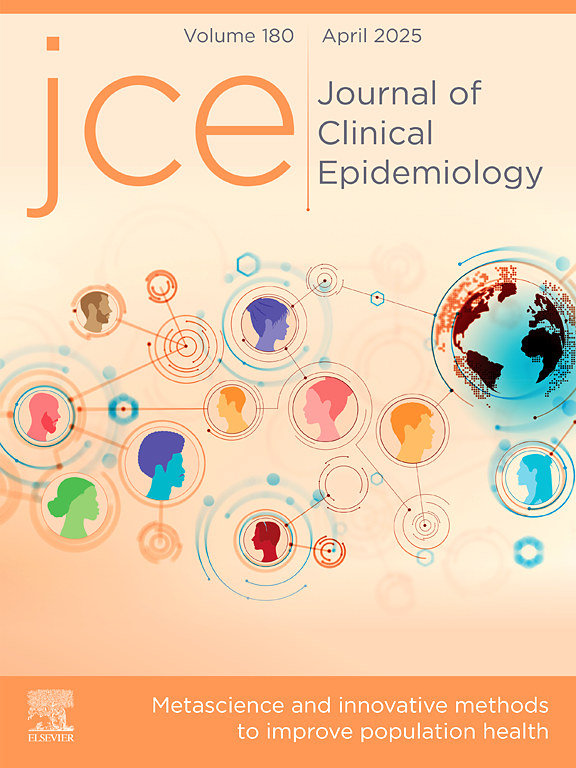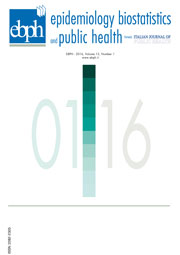An Elsevier journal has retracted a study on the placebo effect coauthored by a researcher known for extreme claims that have failed to withstand scrutiny. The move comes after critics said the researchers misunderstood “what a ‘treatment effect’ is.”
The study, published in the Journal of Clinical Epidemiology in December 2024, analyzed 30 clinical trials examining treatments for a total of five conditions. The authors concluded “the placebo-effect is the major driver of treatment effects in clinical trials that alone explains 69% of the variance.” It has been cited once, according to Clarivate’s Web of Science.
The last author of the study is Harald Walach, who may be familiar to readers of Retraction Watch. In one now-retracted paper, Walach and his coauthors claimed the COVID-19 vaccines killed two people for every three deaths they prevented. In a different, also retracted paper, Walach and colleagues claimed children’s masks trap carbon dioxide. (They later republished the article in a different journal.)
Continue reading Journal retracts ‘bizarre’ placebo effect paper
 After the reviewer of a rejected paper was publicly outed, the BMJ has taken the unusual step of explaining why it chose not to publish the paper.
After the reviewer of a rejected paper was publicly outed, the BMJ has taken the unusual step of explaining why it chose not to publish the paper.
